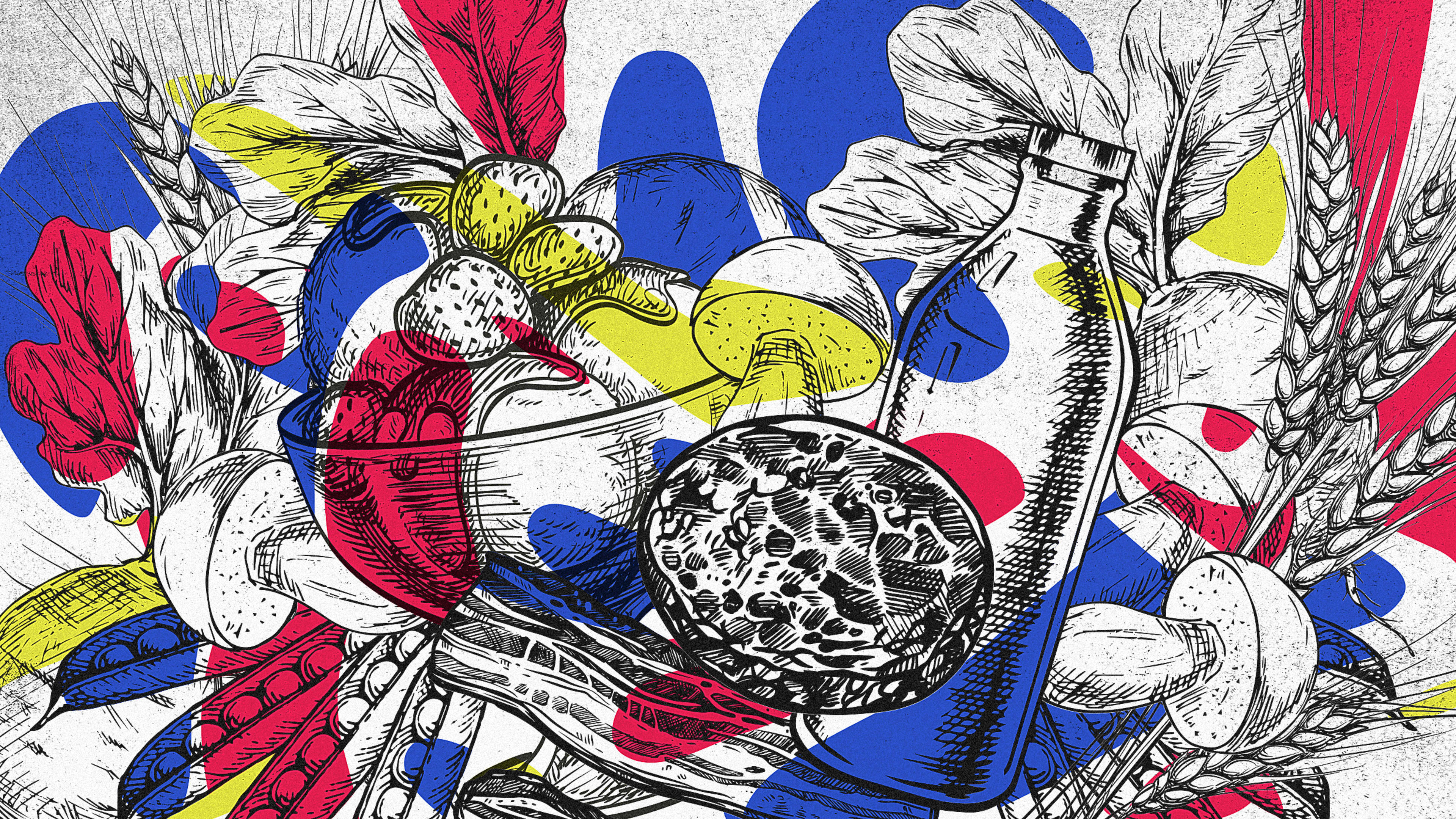Last week, the Swedish oat milk brand Oatly announced that it had raised $200 million from investors like Blackstone Group and Oprah Winfrey. The prior week, Perfect Day, a company that makes ingredients for dairy-free products using microbial fermentation, including a very realistic version of ice cream, raised $160 million. Earlier in the year, Impossible Foods raised half a billion dollars. A long list of other companies have also raised money during the pandemic, from MycoTechnology, a company that uses a mushroom platform to ferment protein, to Blue Nalu, which is making seafood in bioreactors.
In the first half of the year, U.S. alternative meat, egg, and dairy companies raised 14% more—more than $850 million—than they had raised in the entirety of 2019, which was also a record-breaking year, according to the Good Food Institute, an organization that tracks the industry. “Cultivated” or “cell-based” meat companies, growing food from animal cells, raised 417% more than in all of 2019. In part, it’s a continuation of a long-term trend. “2019 really appeared to be the tipping point where plant-based meat shifted into the mainstream,” says Caroline Bushnell, associate director of corporate engagement at the Good Food Institute. “Not only did we see the major meat companies debut plant-based product lines—pretty much all of them, from Tyson, to Hormel, to Smithfield—but iconic American restaurant chains like Burger King and Dunkin Donuts added plant-based meats to their menus, and retail sales grew double digits. So the momentum coming into this moment was already really strong.”
Some deals, like $186 million invested in January in Memphis Meats, a company that grows meat from cells in bioreactors, came before the widespread effects of the pandemic were felt. But the pandemic itself may have amplified interest in alternatives. “We’ve seen significant disruptions in the conventional meat supply chain,” says Bushnell. In April and May, more than 17,000 workers at meat processing plants were infected with COVID-19 because of the tight quarters in those plants; the standard food processing facilities used to make alternatives are much more automated and allow for more distancing and less susceptibility to outbreaks. There’s also the risk that animal agriculture can lead to future disease. “The next pandemic could easily come from an industrial pig or chicken farm, which are breeding grounds for similar viruses,” she says. “There are regularly deadly viruses circulating in industrial animal farms, including right now.”
Some investors are backing meat and dairy alternatives because of the climate benefit. Breakthrough Energy Ventures, the climate-focused VC fund founded by Bill Gates, recently funded Biomilq—a company that makes lab-grown breast milk—because it can dramatically shrink the carbon footprint of dairy-based infant formula. The same, of course, is true for products like plant-based or “cultivated” meat. (Gates is also one of Memphis Meats’ investors.) Nature’s Fynd, a startup based in the Chicago meatpacking district (the setting for Upton Sinclair’s The Jungle), estimates that by making animal-free burgers through a fermentation process, it can reduce carbon emissions by 99%. Impossible Foods worked with analysts to calculate that its burger has a carbon footprint 89% smaller than a burger made from a cow.
The market for alternative meat and dairy products is expected to continue to grow. Last year, a Barclays analysis predicted that the market for alternative meat alone could reach $140 billion over the next decade, or 10% of the total. Even with an array of new products launching now, there’s room for more, says Bushnell. “A lot of the innovation today, it has been really heavily focused on beef, and more specifically, the beef burger,” she says. Other products, from more seafood to pork, will continue to follow. “I think there’s room for established players and new players among a wide variety of products where we really go beyond the burger.”
Recognize your brand’s excellence by applying to this year’s Brands That Matter Awards before the early-rate deadline, May 3.
